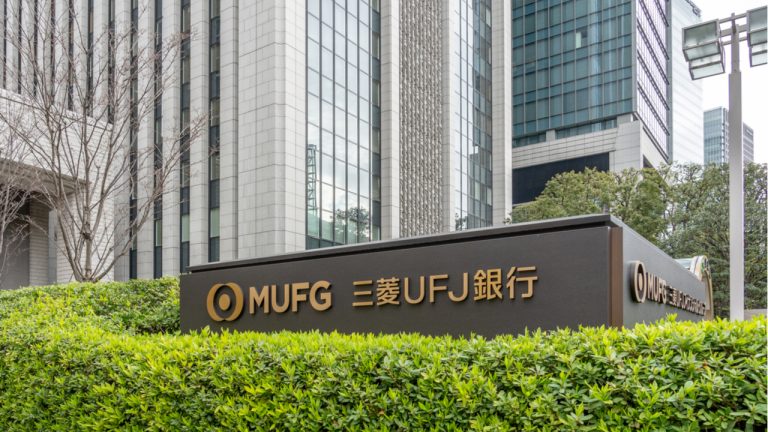
The Japanese messaging giant will still continue to support its Line blockchain ecosystem and the Link token despite the ongoing industry challenges.
The Japanese messaging giant Line has decided to shut down its cryptocurrency exchange business amid the ongoing crypto winter.
Line-owned crypto exchange Bitfront officially announced on Nov. 27 a plan to completely close down the platform by March 2023.
According to the statement, the closure was driven by the continued cryptocurrency bear market and other issues in the crypto industry.
Despite the exchange’s closure, Line will still continue to run its other blockchain ventures, including the Line blockchain ecosystem and Link (LN) token, the announcement notes, stating:
“Despite our efforts to overcome the challenges in this rapidly-evolving industry, we have regretfully determined that we need to shut down Bitfront in order to continue growing the Line blockchain ecosystem and Link token economy.”
Bitfront also emphasized that the decision to close the exchange was made for the “best interest” of the Line ecosystem and is unrelated to the ongoing industry scandal involving the FTX exchange.
According to the announcement, Bitfront will take a gradual approach to suspend its services, stopping signups and credit card payments on Nov. 28. The platform then plans to suspend additional deposits and interest payments of LN interest products and proceed with the related LN withdrawals by mid-December.
By the end of December, Bitfront aims to stop all cryptocurrency and fiat deposits alongside trading suspension and cancellation of open orders. Total suspension of withdrawals is scheduled for March 31, 2023, while customers would be still able to claim their assets in different jurisdictions of the United States.
As previously reported by Cointelegraph, Line launched its proprietary crypto exchange in 2018 as a Singapore-based business. Originally known as BitBox, the company was rebranded to Bitfront and moved to the U.S. in February 2020. The exchange has been downscaling some of its operations in recent years, suspending services in South Korea in August 2021.
Related: Argo Blockchain is at risk of closing if it fails further financing
Despite being a smaller crypto exchange, Bitfront has significant trading volumes at the time of writing. According to data from CoinGecko, Bitfront's daily trading volume amounts to $55 million, with the exchange trading a total of five cryptocurrencies, including Bitcoin (BTC), Ether (ETH), Link, Litecoin (LTC) and Tether (USDT).









